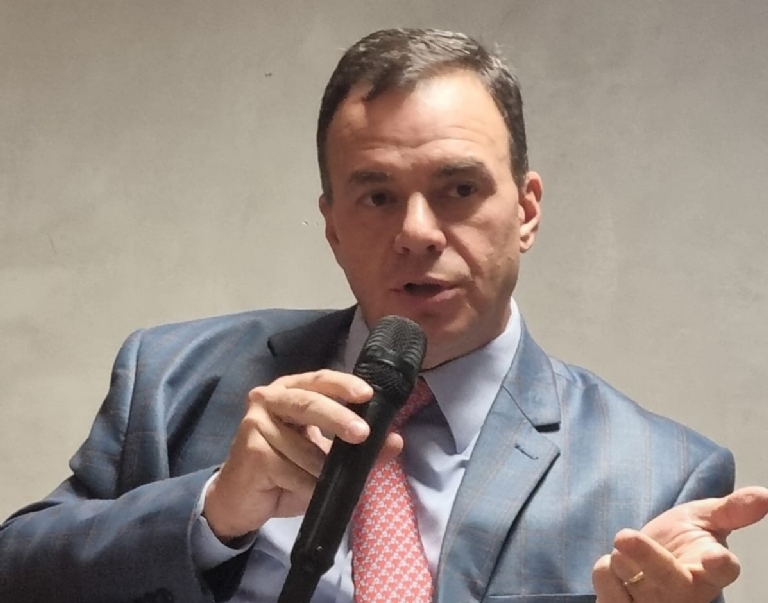

The Secretariat of Prizes and Betting (SPA) team also attended the event, with Deputy Secretary of Sanctioning Action Raiana Falcão, Deputy Secretary of Inspection and Monitoring Fabio Macorin, the new General Coordinator of Inspection Carlos Magno, the Subsecretary of Authorization, Daniela Olimpo, and Chief of Staff Lazara Carvalho.
Minister Gilmar Mendes graced the event with institutional remarks on the importance of maturing the sector's topics, thanking IDP for the initiative and the attendees.

ANJL emphasized that betting houses wishing to operate under regulation are aware of the need for good practices to maintain an honest and responsible environment. This point was highlighted by ANJL President Plínio Lemos Jorge, addressing concerns raised by other speakers regarding issues like irregular advertising aimed at children and adolescents, and promoting addiction and debt.
“For example, betting houses never accepted credit cards. It's a sector concern. No betting house accepts them. We use Pix, a genuinely Brazilian payment method. Bets by minors? We don’t allow that either. We are making history, with great responsibility, trying to make this market a safe industry. Our mission, as an association, is to make this market as fair and transparent as possible for operators and bettors,” said Plínio.

In the same panel, with the theme “A Regulatory Agenda for Responsible Gaming,” Secretary of Prizes and Betting at the Ministry of Finance, Régis Dudena, emphasized the importance of regulating the sector, which is still underway, to prevent harmful practices that could contaminate the regulated environment.
“Our concerns have two health fronts: first, mental health. And second, financial health. And they are usually associated. What seems important to me is to understand that this is exceptional, although it should be very carefully managed,” said Dudena, adding that the Ministry of Finance will publish ordinances on these topics by July, one of them in conjunction with the Ministry of Health.

“These ordinances will care for those who, in their entertainment, want to spend part of their assets on a specific activity called fixed-odds betting. As long as it remains entertainment, a conscious choice, we agree with this activity. When it stops being a conscious choice, something healthy for the bettor's life, it is not in the interest of the State, nor the operators themselves, for this person to continue acting within this system,” added the secretary.
Plínio echoed Régis’s assessment, stressing that gambling addiction is a concern for betting houses, even though statistics show that, in general, addiction affects less than 1% of bettors.
Regarding advertising, the ANJL president highlighted that the National Council for Advertising Self-Regulation (Conar) has already been working with the sector, setting guidelines. Earlier this year, the organization, with contributions from ANJL, launched Annex X of the Brazilian Code of Advertising Self-Regulation, which set rules for betting advertising in Brazil.

“In this context, the illegal market is a major concern for us. Because those houses do promote such things, involving minors, fostering credit... the serious houses do not. Our commitment is to a safe and transparent market where people can have fun and the bettor is respected. Our desire is for this market to teach people how to enjoy themselves, as happens in the United States, France, and other countries,” he stated.
Source: GMB / ANJL